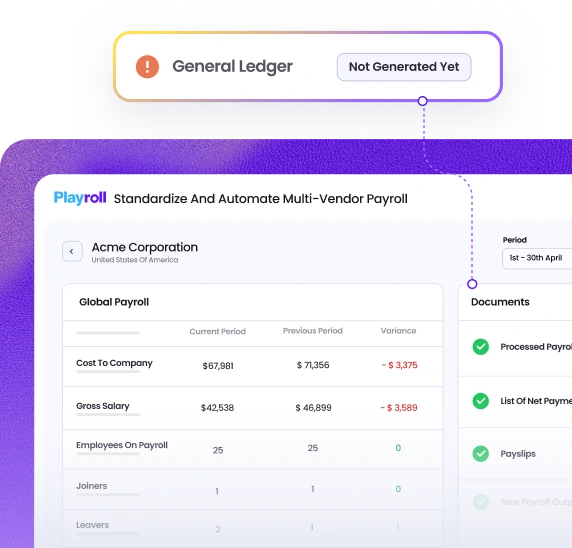What is a Good Salary in Washington?
What is considered a 'good' salary can vary based on factors like location, lifestyle, and industry. A salary in the range of $109,657 to $120,141 is generally considered comfortable for a single person in Washington. High-paying fields like technology and healthcare can offer salaries reaching up to $200,000, while more common roles such as registered nurses typically earn around $99,519.
Average Salary by Cities in Washington
The cost of living can vary widely from one city to another, and that impacts both how far salaries stretch and what professionals expect in terms of pay. Cities with higher living costs – like those with hot housing markets or tech hubs – tend to have higher salary expectations.
Familiarizing yourself with the average salary ranges per location can help you plan better and make sure your compensation packages are in line with local expectations to attract and retain top talent. Here’s a quick look at salary ranges across different cities in Washington, to get a sense of competitive salaries based on local factors:
| City | Monthly Salary | Annual Salary |
|---|
| Seattle | $7,833 | $94,000 |
| Spokane | $4,172 | $50,064 |
| Tacoma | $4,588 | $55,063 |
| Vancouver | $6,583 | $79,000 |
| Bellevue | $6,308 | $75,699 |
Salary Earnings Based on Experience Level in Washington
Salaries naturally increase with experience – this applies to both new hires and existing team members. When planning for new positions, it's important to consider how salary ranges change at different seniority levels. This will help ensure you're meeting salary expectations, retain employees and create a fair working environment.
Here’s a breakdown of how monthly and annual salary ranges grow with experience in Washington:
| Experience Level | Monthly Salary | Annual Salary |
|---|
| Entry-Level Jobs (0-2 years experience) | $2,981 | $35,773 |
| Mid-Level Jobs (3-5 years experience) | $8,219 | $98,628 |
| Senior Roles & Managers | $9,164 | $109,976 |
| Executive & C-Level | $8,829 | $105,957 |
Average Salaries by Job Title in Washington
Building a competitive compensation package means knowing what the going rate is for specific roles. We’ve compiled the most recent salary data by job title for Washington, making it easier for you to compare roles, match your offers with the market, and make sure your team is paid fairly.
| Job Title | Monthly Salary | Annual Salary |
|---|
| Software Developer | $9,167 | $110,000 |
| Customer Service Representative | $3,500 | $42,000 |
| Administrative Assistant | $3,995 | $47,940 |
| Financial Analyst | $8,287 | $99,440 |
| Retail Sales Associate | $3,481 | $41,774 |
Highest Paying Jobs in Washington
- Consultant and Sales Representative: $239,897
- Chief Medical Officer: $222,514
- Senior Vice President, Engineering: $221,545
- Director, Product Engineering: $213,091
- President/Chief Executive Officer: $210,254
- Operator and Truck Driver: $210,018
- Vice President, Products & Marketing: $208,069
- Finance Services Director: $207,300
- Director of Manufacturing Engineering: $203,424
- Senior Vice President-Operations: $202,820
Monthly Cost of Living in Washington
In Washington, the cost of living is significantly higher than the national average, particularly in housing and transportation. Housing expenses are about 23% higher than the national average, especially in cities like Seattle, where demand is high and availability is limited. Utility costs are around 5% higher than the national average, due to the state's climate and energy needs. Transportation expenses, including gas prices and public transit, are roughly 8% higher than the national average, driven by high fuel prices and the state's reliance on personal vehicles and public transportation in urban areas.

Median Home Price
$613,000
Compliant, In-State Payroll Processing in the U.S. with Playroll
We cut payroll processing time by 80%, ensure full compliance, and provide hands-on support for both employers and employees.
-

Local, state-accurate payroll execution
-

Consolidate payroll inputs and variance reporting
-

State-specific compliance, taxes, and filings built-in







.svg)
.svg)
.svg)








.svg)



.png)
.webp)
.webp)








.svg)